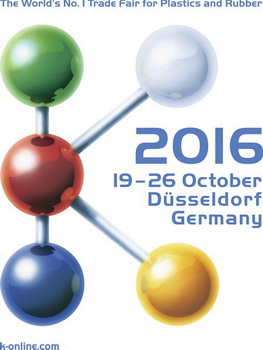
As expected, BASF’s (Ludwigshafen / Germany; www.basf.com) managing board has delayed a decision on building a planned world-scale plant to produce propylene from methanol at Freeport, Texas / USA. The facility, originally announced in early 2015 with a planned production capacity of 475,000 t/y – no investment price was named -, would have taken advantage of cheap US shale gas-derived feedstock. Air Liquide (Paris / France; www.airliquide.fr) already has been tapped as the basic service provider for the project planned to use the French company’s “Lurgi MegaMethanol and “Methanol-to-Propylene technologies picked up with the acquisition of German chemical contractor Lurgi in 2007.
In unveiling the initial plans, CEO Kurt Bock said the facility could be expected to considerably improve the group’s cost position and backward integration in the US. However, speaking at the company’s annual results press conference in February of this year, he hinted that the investment could be put on ice – see Plasteurope.com of 03.05.2016 – as “the economic viability of this project is highly dependent on the oil price and at present it does not make financial sense.
In confirming the delay, managing board member Wayne Smith, who is also president of the US subsidiary BASF Corporation (Florham Park, New Jersey / USA; www.basf.us), cited volatile raw materials pricing. However, he said, “on-purpose production of propylene based on favourable US shale gas is interesting for BASF. We will regularly review the development of raw material prices and the relevant market conditions to determine the right point in time to commence such a major investment.
As oil prices remain soft, lessening the US shale advantage, the BASF plant is not the only such project for which the economic viability is being challenged. Of the petrochemical facilities worth nearly USD 50 bn announced for Texas over the past decade, reports suggest a number may be postponed. Along with oil pricing, global oversupply of commodity plastics such as PE and PP – a possible outlet for the BASF propylene – is being seen as a problem.
In December 2015, Dow Chemical (Midland, Michigan / USA; www.dow.com) began commercial operation at its new 750,000 t/y propane dehydrogenation plant (PDH) in Freeport, Texas / USA, which it billed as the largest of its kind – see Plasteurope.com of 22.12.2015. However, Ascend Performance Materials (Houston, Texas / USA; www.ascendmaterials.com) has now further delayed plans for a USD 1.2 bn PDH plant that was to be built at its Chocolate Bayou campus in Alvin, Texas. Other announcements are believed to be in the offing – see Plasteurope.com of 23.05.2013.
Release Date: 06/08/2016













